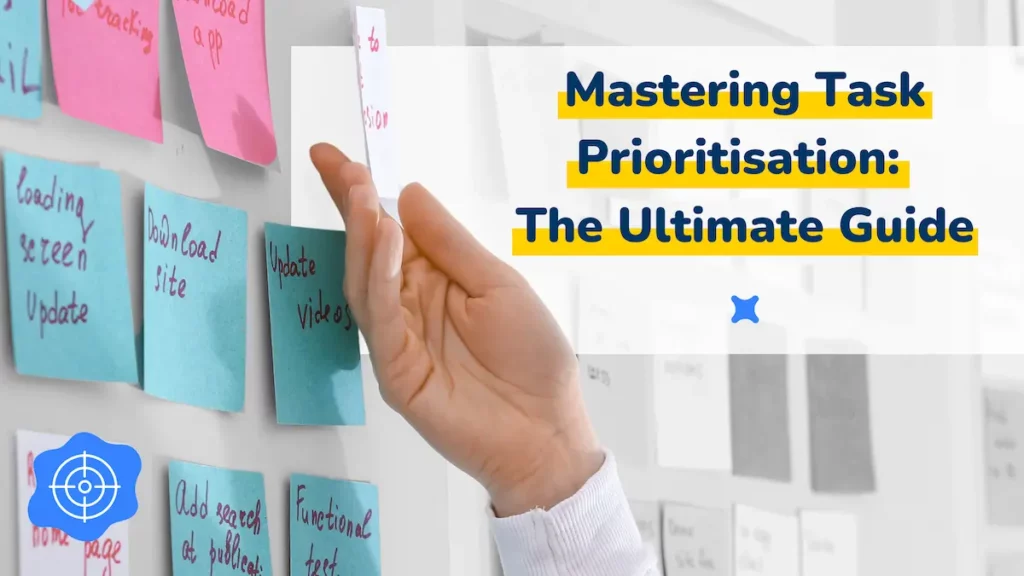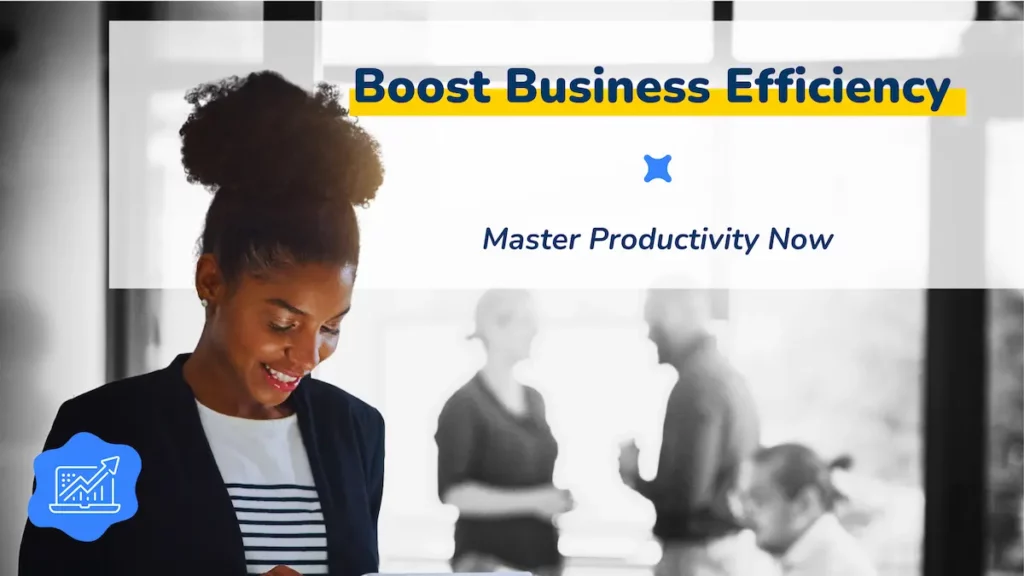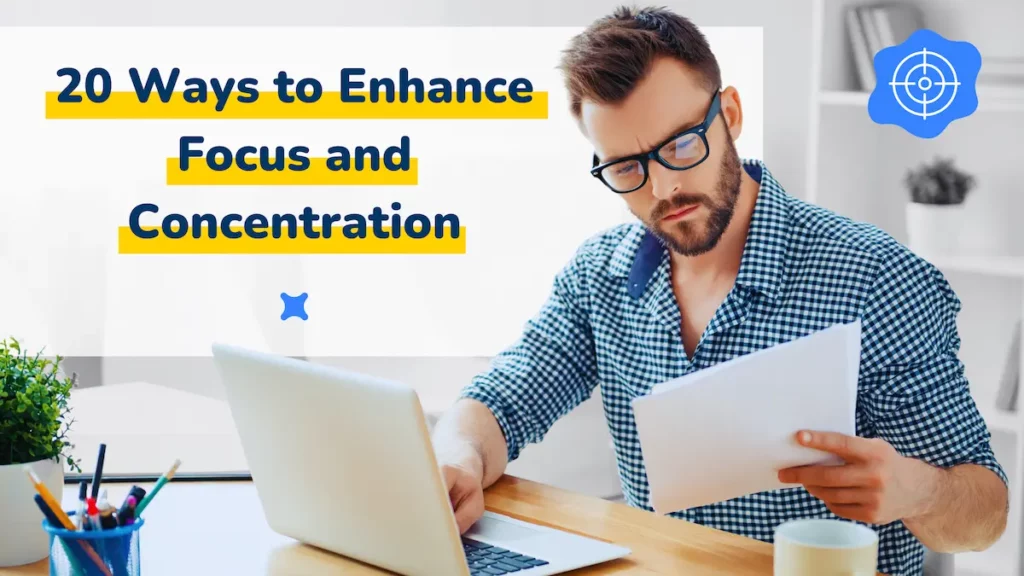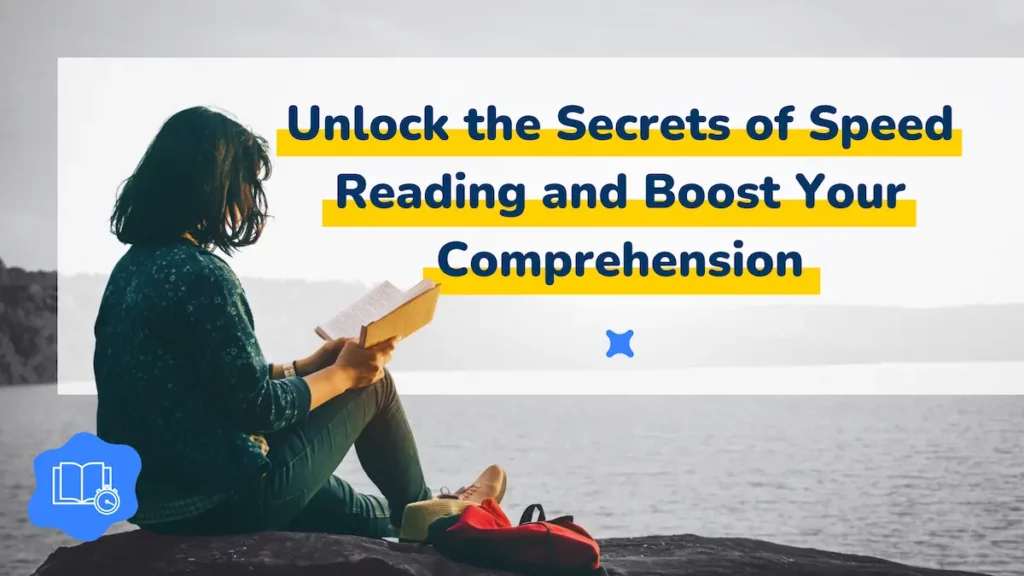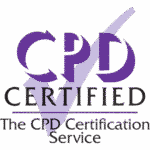Focus is a vital skill that greatly influences productivity and overall well-being. It enables you to concentrate on tasks, block out distractions, and enhance mental clarity. In our fast-paced, distraction-filled world, maintaining focus can be challenging, but it’s crucial for achieving success in both personal and professional endeavours. Here are several effective strategies to help you enhance your concentration and attention span.
Create a Distraction-Free Environment
Minimise Distractions
To boost your focus, start by minimising distractions in your workspace. Silence your phone, close unnecessary tabs on your computer, and inform those around you of your need for uninterrupted work time. Physical clutter can also be a source of distraction, so keep your workspace tidy and organised. A clean, calm environment allows you to concentrate better and stay on task.
Set Up a Dedicated Workspace
Having a specific area designated for work helps your brain associate that space with productivity. Whether it’s a home office or a quiet corner of a room, ensure that this space is used exclusively for work-related activities. This separation of spaces helps reinforce focus and minimises the temptation to engage in non-work activities during work time.
Practise Single-Tasking
The Myth of Multitasking
While multitasking might seem productive, it often reduces work quality and increases stress. Research shows that switching between tasks can cost as much as 40% of someone’s productive time. Instead, focus on one task at a time. Completing one activity before moving on to the next helps maintain concentration and enhances overall productivity.
Techniques for Single-Tasking
Prioritise your tasks and tackle them one by one. Use to-do lists or task management apps to keep track of what needs to be done. Allocate specific time blocks for each task and avoid overlapping activities. This approach not only boosts focus but also allows for a higher quality of work as you can give each task your full attention.
Incorporate Mindfulness and Meditation
Benefits of Mindfulness
Regular mindfulness practice can significantly improve your ability to focus. Mindfulness helps train your brain to stay present and attentive, reducing the tendency for your mind to wander. This also reduces stress and enhances mental clarity, making it easier to concentrate on the task at hand.
Simple Mindfulness Exercises
Spend a few minutes each day meditating or doing mindfulness exercises. One effective method is deep breathing: sit comfortably, close your eyes, and focus on your breath, inhaling deeply and exhaling slowly. Another technique is the body scan, where you mentally scan your body from head to toe, acknowledging any sensations without judgement. These exercises help centre your mind and improve your focus over time.
Prioritise Quality Sleep
Importance of Sleep
Getting 7-9 hours of sleep each night is essential for cognitive function and concentration. Sleep deprivation impairs attention, working memory, and cognitive speed. If you have trouble sleeping, establish a bedtime routine that includes calming activities like reading or listening to soothing music. Adequate rest keeps your brain sharp and ready to focus.
Tips for Better Sleep
Create a relaxing bedtime routine: avoid screens at least an hour before bed, as the blue light emitted by phones and computers can interfere with your sleep cycle. Consider a warm bath, light stretching, or listening to calming music before bed. Ensuring your sleeping environment is cool, dark, and quiet can also significantly improve sleep quality.
Take Regular Breaks
The Pomodoro Technique
Working in shorter, focused intervals can help maintain high levels of concentration. Techniques like the Pomodoro method, which involves 25 minutes of focused work followed by a 5-minute break, keep your mind fresh and alert throughout the day. This approach prevents burnout and helps maintain a consistent level of productivity.
Importance of Breaks
Regular breaks are essential for maintaining mental clarity. During breaks, engage in activities that relax and recharge you, such as stretching, taking a walk, or simply stepping away from your desk. These breaks allow your brain to rest and process information, which enhances focus and productivity when you return to your tasks.
Engage in Physical Activity
Benefits of Exercise
Regular exercise increases blood flow to the brain, boosting cognitive function and focus. Physical activity releases endorphins, which can improve mood and reduce stress, making it easier to concentrate on tasks. Incorporate physical activity into your daily routine, whether it’s a walk, a workout, or simple stretches.
Types of Exercise
Even short bursts of physical activity can be beneficial. Consider activities such as yoga, which combines physical movement with mindfulness, or high-intensity interval training (HIIT), which provides a quick and effective workout. Find an exercise routine that fits your lifestyle and preferences to ensure you stick with it.
Eat Brain-Boosting Foods
Importance of Nutrition
Nutrition plays a significant role in maintaining focus. Consuming a balanced diet rich in fruits, vegetables, lean proteins, and whole grains supports brain health. Foods high in antioxidants, good fats, vitamins, and minerals provide energy and aid in protecting against brain diseases.
Recommended Foods
- Fruits and Vegetables: Especially berries and leafy greens, which are high in antioxidants.
- Nuts and Seeds: Rich in omega-3 fatty acids and other essential nutrients.
- Fish: Particularly fatty fish like salmon, which is high in omega-3s.
- Whole Grains: Provide a steady supply of energy.
- Hydration: Staying hydrated is crucial for cognitive function and concentration. Aim to drink at least eight glasses of water a day.
Use Music to Enhance Your Concentration
Benefits of Music
Listening to certain types of music, such as classical or instrumental tracks, can improve concentration. Music can drown out background noise and create a more conducive environment for focus. The right kind of music can stimulate the brain and enhance cognitive performance.
Creating a Focus Playlist
Create a playlist of focus-enhancing music to play in the background while you work. Experiment with different genres and find what works best for you. Some people find that ambient sounds or white noise are particularly effective in helping them concentrate.
Manage Stress Effectively
Impact of Stress on Focus
High stress levels can impair your ability to concentrate. Stress triggers the release of cortisol, a hormone that can disrupt cognitive processes. Managing stress is crucial for maintaining focus and mental clarity.
Stress-Management Techniques
Incorporate stress-management techniques like deep breathing exercises, mindfulness, and regular breaks to keep stress in check. Engaging in hobbies, spending time with loved ones, and practising relaxation techniques such as yoga or meditation can also help manage stress levels.
Enhance Your Concentration with Cognitive Skills Training by inGeniusly
Understanding Personal Obstacles to Focus
Cognitive skills training provided by inGeniusly helps you understand your personal obstacles to focus. By analysing your cognitive profile, inGeniusly identifies specific areas where you might struggle with concentration. This personalised approach ensures that the strategies you use are tailored to your unique needs, making them more effective.
Identifying the Best Strategies for You
Once your obstacles are identified, inGeniusly helps you find the best strategies to overcome them. This might include a combination of techniques covered in this guide, such as mindfulness, single-tasking, or creating a distraction-free environment. The personalised training ensures that you focus on methods that will have the greatest impact on your ability to concentrate.
Combining Complementary Skills
Focus is often enhanced when combined with other cognitive skills, such as memory, problem-solving, and critical thinking. inGeniusly’s cognitive skills training integrates these complementary skills to create a comprehensive approach to cognitive enhancement. For example, improving memory can help you recall details more easily, while enhancing problem-solving skills can make it easier to navigate complex tasks without getting distracted.
The Result: Enhanced Cognitive Performance
By understanding your personal obstacles to focus, identifying the best strategies for you, and combining complementary cognitive skills, inGeniusly helps you achieve remarkable improvements in your concentration and overall cognitive performance. This holistic approach not only boosts your focus but also enhances your ability to learn, adapt, and excel in various aspects of your life.
To enhance your concentration you need a combination of creating the right environment, practising mindfulness, maintaining good health, managing stress, and leveraging personalised cognitive skills training like that offered by inGeniusly. By implementing these strategies, you can enhance your concentration and boost your productivity. Remember, focus is a skill that can be developed with consistent practice and patience. With dedication and the right techniques, you can master the art of concentration and achieve your goals more effectively.
FAQs
How can I create a distraction-free environment?
To create a distraction-free environment, minimise interruptions by silencing your phone, closing unnecessary tabs on your computer, and informing those around you of your need for uninterrupted work time. Keep your workspace tidy and organised to reduce physical clutter.
Why is single-tasking more effective than multitasking?
Single-tasking is more effective than multitasking because it allows you to give your full attention to one task at a time, resulting in higher quality work and reduced stress. Multitasking often leads to decreased productivity and increased errors.
How does mindfulness improve focus?
Mindfulness improves focus by training your brain to stay present and attentive. Regular mindfulness practice reduces stress and enhances mental clarity, making it easier to concentrate on tasks.
What are some simple mindfulness exercises I can try?
Simple mindfulness exercises include deep breathing, where you focus on your breath and practice slow, deep inhalations and exhalations, and the body scan, where you mentally scan your body from head to toe, acknowledging any sensations without judgement.
How does sleep affect concentration?
Sleep is essential for cognitive function and concentration. Getting 7-9 hours of sleep each night helps maintain attention, working memory, and cognitive speed. A lack of sleep impairs these functions, making it harder to focus.
What are the benefits of using music to enhance your concentration?
Listening to certain types of music, such as classical or instrumental tracks, can improve concentration by drowning out background noise and creating a more conducive environment to enhance your concentration. Music stimulates the brain and enhances cognitive performance.
How can inGeniusly’s cognitive skills training help improve my focus?
inGeniusly’s cognitive skills training helps improve focus by understanding your personal obstacles to concentration, identifying the best strategies for you, and combining complementary cognitive skills. This personalised approach ensures that you use effective techniques tailored to your needs, leading to significant improvements in focus and overall cognitive performance.

